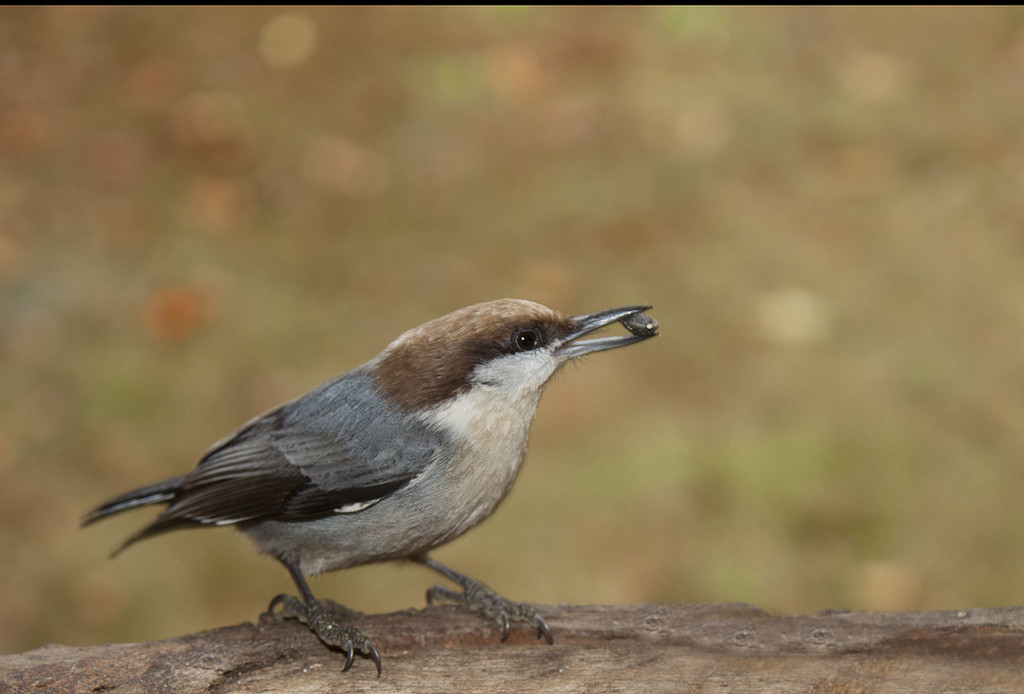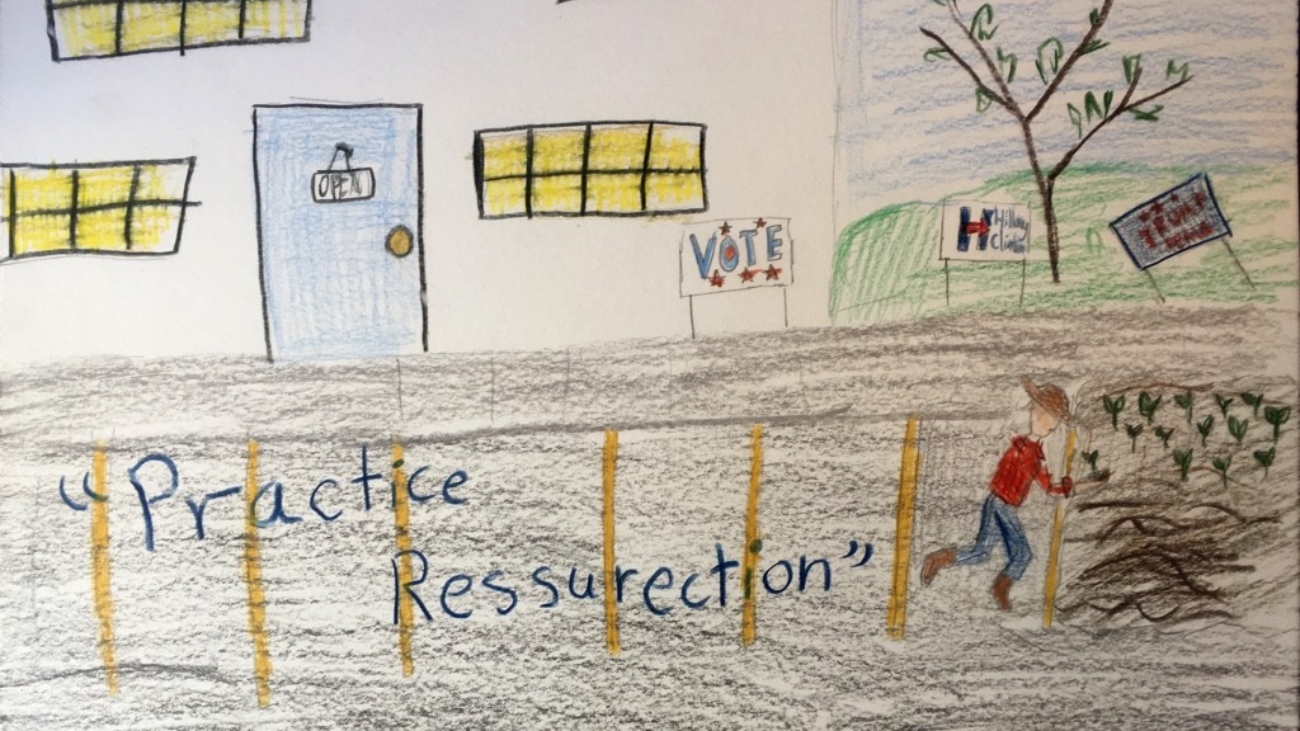The New York Times reports on a new chatbot intended to combat conspiracy theories:
DebunkBot, an A.I. chatbot designed by researchers to “very effectively persuade” users to stop believing unfounded conspiracy theories, made significant and long-lasting progress at changing people’s convictions, according to a study published on Thursday in the journal Science.
The bot uses “facts and logic” to combat conspiracy theories, and in the study had some success in arguing people out of beliefs that, for example, the CIA killed JFK or 9/11 was an inside job. I do believe that most people, if guided onto a field of factual argument, can be convinced by facts and logic; the trouble is that people who hold opinions dearly may take any attempt to guide them as a personal attack. It may be that a bot, by seeming neutral and objective, may have more success.
Ah, but is the bot, in fact, neutral and objective? Specifically, what counts as a conspiracy theory? The invitation to participate in the study defines a conspiracy theory as a belief that “certain significant events or situations are the result of secret plans by individuals or groups.” But this is literally and incontrovertibly true of, for example, the JFK assassination, not to mention 9/11. Had the plans for those events not been secret, they would have been prevented! People who say 9/11 was an inside job are just arguing about which individuals or groups did the secret planning. They may be wrong, they may be nuts — but not, by this definition, because they’re conspiracy theorists.



